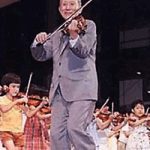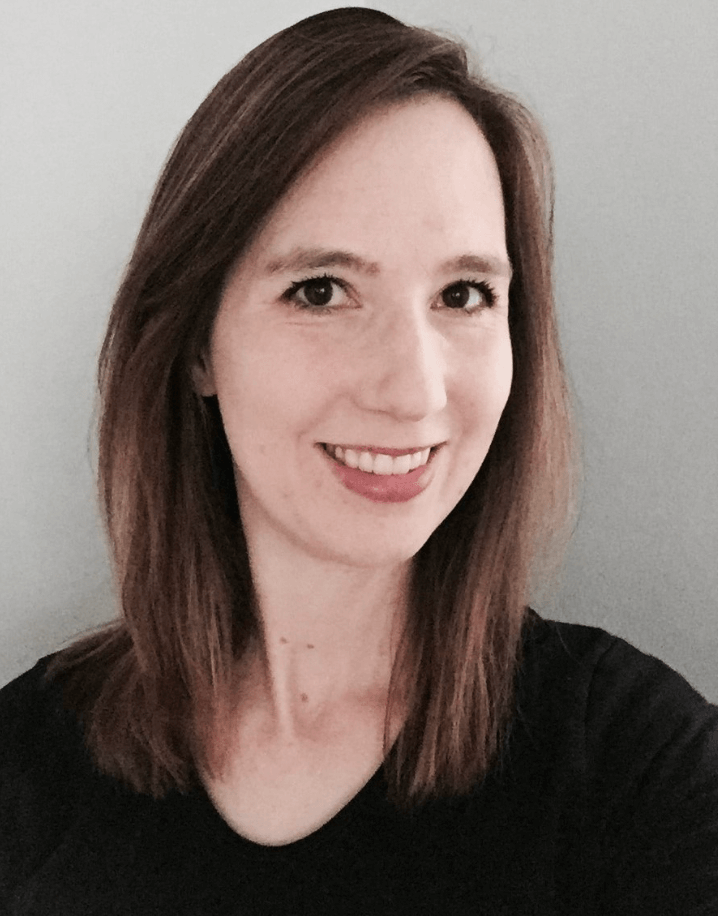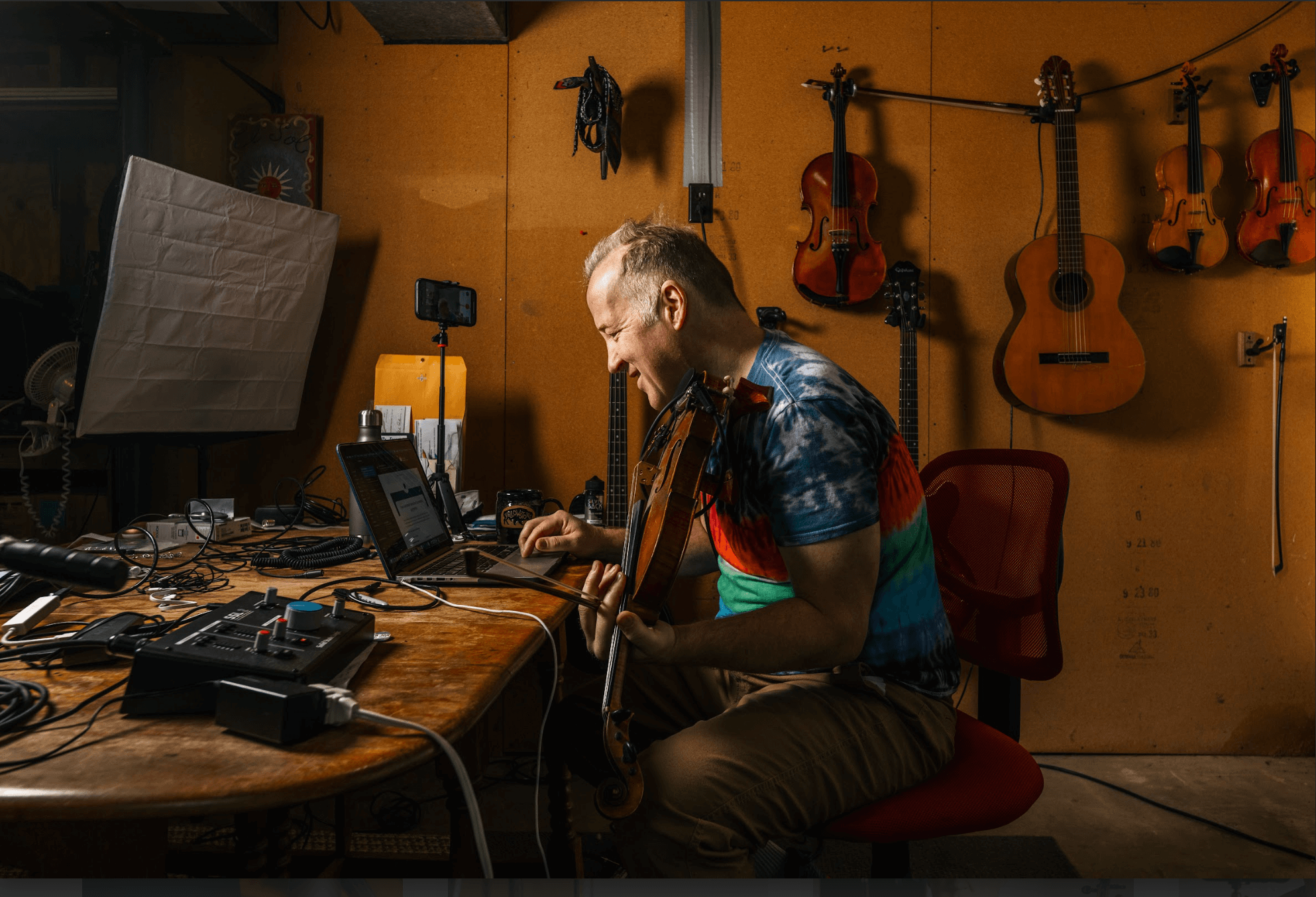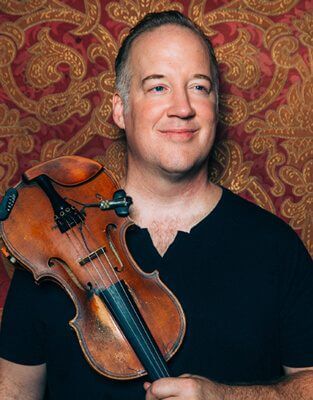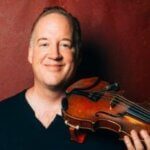I’ve always been proud of being a Suzuki-trained violinist, having long defended Suzuki against criticisms (“Suzuki students don’t learn to read, develop bad technique, sound too imitative, etc…”), none of which ring true in my experience.
Yet, since veering away from my classical roots into jazz and other styles, I’ve cried out about the limits of classical music training in general, and made recommendations for augmenting it.
You might even say I’ve been on a high horse trying to reform classical music education, whether through my online method or annual camp
But when I spoke with my friend Gabriel Bolkosky, his thoughtful comments inspired me to shut my big fat mouth for a second and think about what is enduring and right about the Suzuki method, and why all the things I’ve been saying are really just a matter of details.
And just as importantly, that for a “disrupter” like me to want to change anything, I’ve got to be really clear about respecting things that I know nothing about. For example, I’m not a full-time teacher, I don’t specialize in early childhood education, I’ve never held a job as an orchestra director in a k-12 school, and I’m not Suzuki-certified. It’s really important that I acknowledge that good teachers are amazing by virtue of the amazing effort and care they put into such selfless work.
Gabe further points out that teaching music is not about the way you hold the bow, shape the hand frame, choose repertoire, improvise, phrase, compose, produce sound, groove, order your pedagogical sequences, or any of that geeky stuff. It’s about teaching people, through music, “to be good human beings.”
The tenets of Suzuki’s philosophy and approach, as well as any good method, focus on nurturing the good in students and parents.
My former teacher, Ginny Christopherson, (who also taught my oldest child Camille), embodies the best of Suzuki method through her unwavering commitment to instill the discipline and love of music in her students, all the while demanding from parents that they never give up on encouraging the same from their children. And my son’s teacher, Monique Pinelli, has continued to support our family, at a different phase in our development, through her teaching of Dalton.
Now that I am a “Suzuki Dad”, I’m all the more aware of how important our teacher’s role has been for my entire family, and even our community.
Suffice it to say, I now concede that, while there are many new-fangled things to discover and implement in music education, some things must not be tampered with. So while I will continue to advocate for changes in classical music education, I want to be clear in giving respect to teachers for what they do. Ginny, Monique, and Gabe deserve my gratitude and respect first and foremost because they are devoted teachers. Because they care. They show up every day for their students.
The method is secondary.
The other point of this article is really to address unfair criticisms aimed at the Suzuki method, which often come from folks who don’t understand it. The Suzuki method may or may not be “the best” method, but it is focused on these elements that support teachers in being great, and the overall intention within the Suzuki community to do this is what makes it irreplaceable.
But don’t take it from me…
Violinist, Suzuki teacher, and director of the Phoenix Phest Grande, Gabriel Bolkosky says it much better than I can, and his words in this video were the reason for my writing this introduction in the first place. Check it out:
What do you think?
Feel free to comment, like, poke, throw, eat, share…
The Creative Strings Academy is now offering a 30-day free trial. Check it out to see what all the fuss is about.
Join us at a workshop
